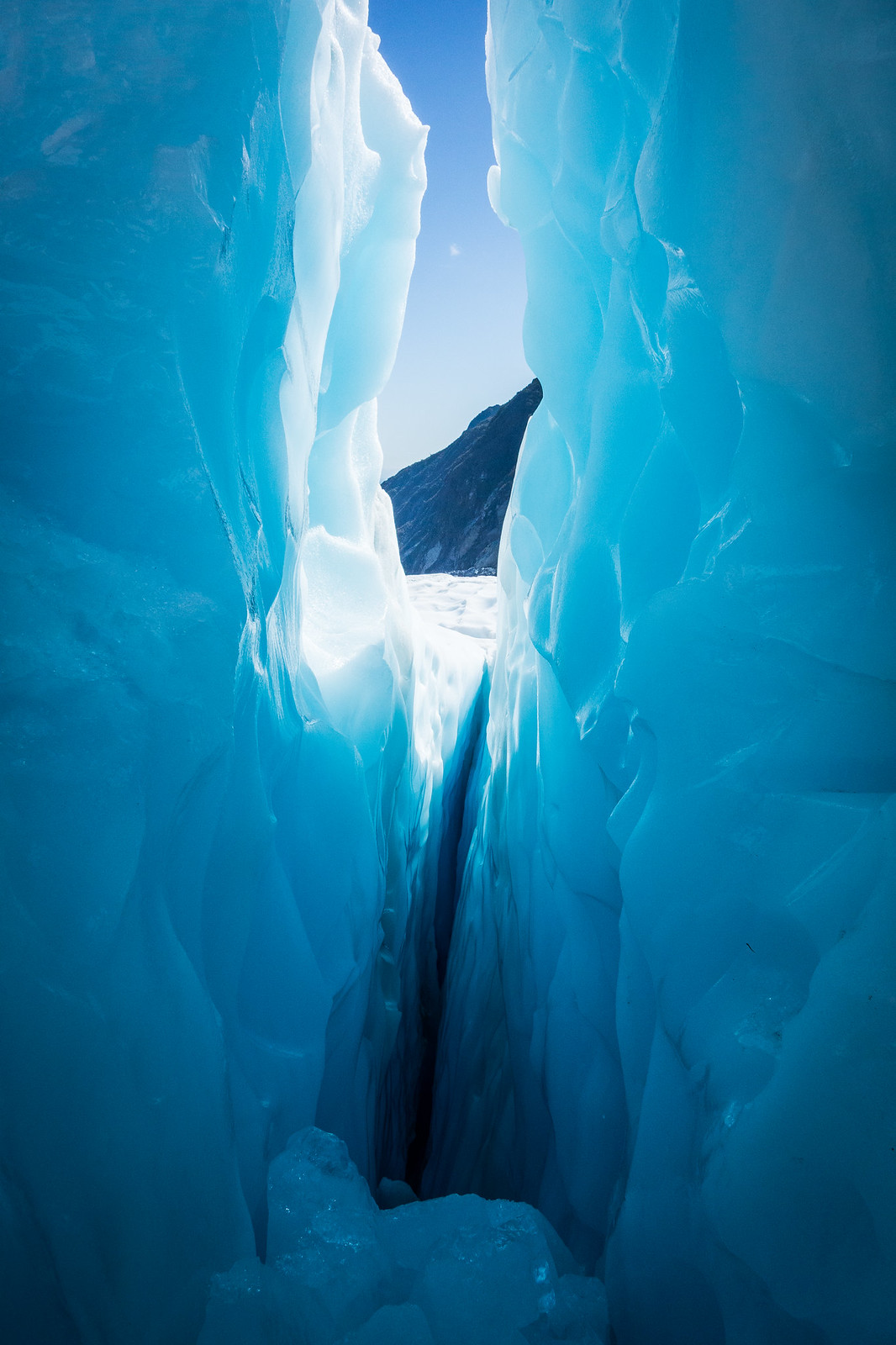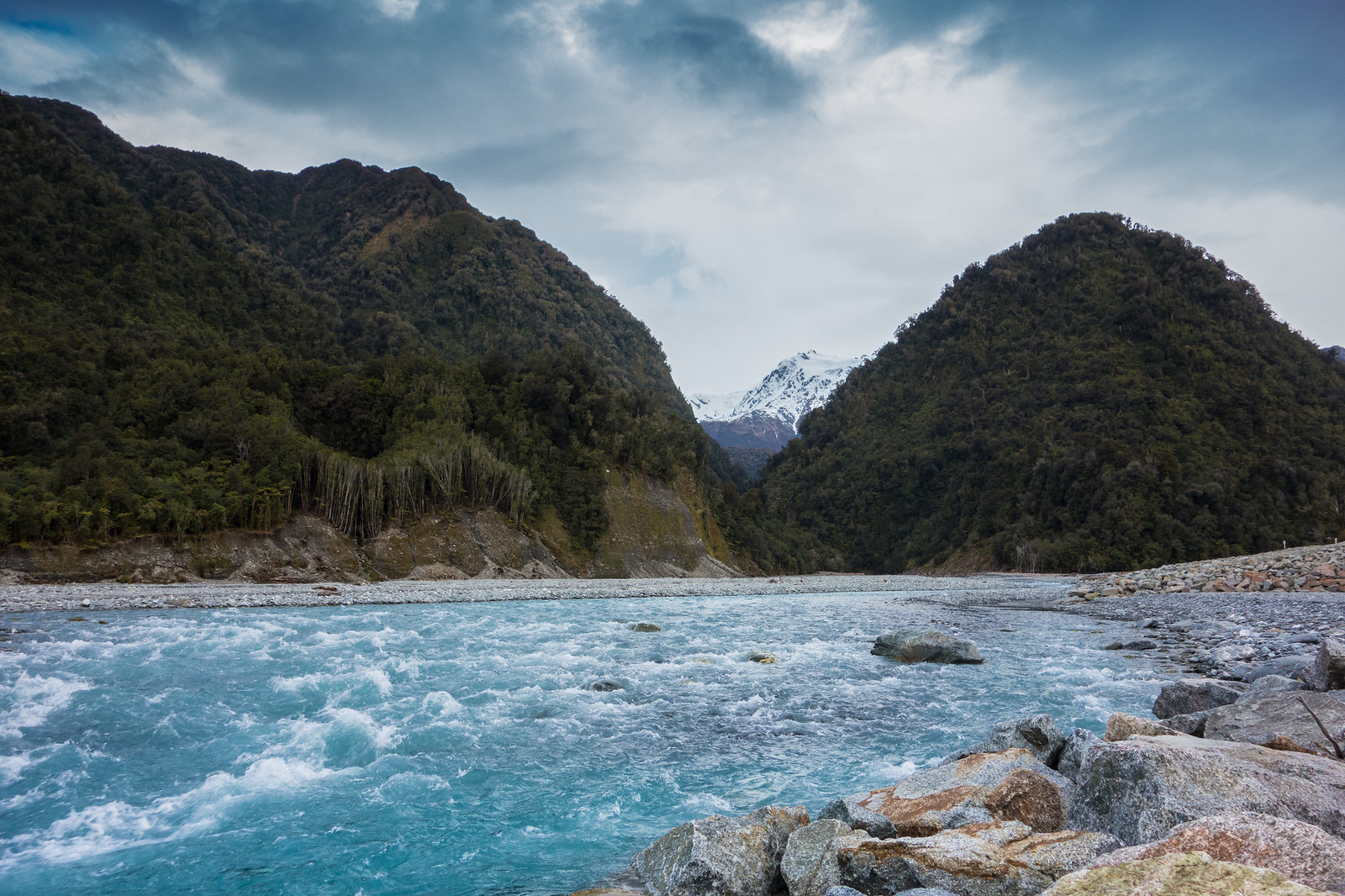Okay so I've read your quote again and it still comes over as both incredibly arrogant and unbelievable...
I'm sorry you think so, as it wasn't intended to be. I read a great deal Pete. I have access to the libraries at Blackpool, UCLan and Lancaster universities, and use them.. often. It's my job to know. Research is part of what I do, and I've been doing it for years.
You've studied almost everything there is to study ,
About photography, probably. I read everything that is newly published - Books, articles, periodicals etc. I get new released books sent to me for free from loads of publishers, and as I said above, I have access to a great deal of stuff. I make hay while the sun shines (my time in education is limited I think... I'm not getting on with the whole 'education is a business' vibe - it's stinks of Tory a bit too much for my liking). I also have access to the Lancashire Archives, Manchester Metropolitan University library and a free account with many online academic research databases, so get alerts when any new academic papers are published in my area of interest. It's all I do. I don't own a television... I read. I'm talking acadmiec books here Pete though.. not every photographer's book ever produced. Monographs are nice, but they don't TEACH you anything. I do have a VERY large collection of monographs though. It's one of my vices... Photobooks... as well as single malt

and can debate any photographic topic (except sport or weddings) with anyone at any level ...
Absolutely... and do so regularly. I enjoy it.
I still stand by my original comment there is no way on earth that you (or anyone) has studied almost everything there is to study about photography
Even after reading everything I can get my hands on for over 20 years? There's not THAT much to know about photography Pete. It's not quantum physics. There will be areas of advanced optical science I'm a bit rusty on, but that's not photography any more... it's optical science. The technicalities do not interest me all that much. I am pretty much expert in that area too, but that's through needing to know from doing it as a job. Can I recall everything I've ever read? Nope... but I fail to see what more a single human being can do other than what I'm doing, and have done for so long. It's what I enjoy Pete. It's not a job, or a task... it's something I enjoy doing. It's not over yet either.. . fingers crossed there's another 40 years of studying ahead of me too.
... the reason people specialise is th\at there is simply too much for any one person to know it all
Photography IS specialising... if you broke it down any more then there's not THAT much to read. I'm not saying I know everything there is to know about art, or even lens based media, but there really isn't THAT much to know about photography. I know art history and cultural studies PhDs who's knowledge is simply astounding compared to mine because their area of study is so wide. Trust me... being "expert" on photography is not deemed to be such a great task academically. I have colleagues in other unis who would look down on me as a lowly, narrow subject, unadventurous researcher simply because I limit myself to such a narrow field of study. In fact, I've been making enquiries into doing a PhD, and I'm having trouble finding anyone willing to fund it because they deem the subject area to be too narrow and limited in terms of research. I still may do it one day, just so I can say "That's DOCTOR Pookeyhead to you Pete"... and watch your head explode

You'd still probably doubt me if I had a PhD any way

I think you over-estimate exactly how much there is to research in Photography Pete. You'd have to branch out into the associated fields of philosophy even be considered for a doctorate. Or do you consider expert knowledge being able to name every single photographer alphabetically or something? because no, I can't do that, sorry.
Also I do understand what it takes to teach/lecture ( I may have mentioned before that both my parents are teachers and my sister is a university lecturer) - it requires an indepth knowledge of the curiculum - it does not make you a total master of the whole subject at all levels.
Merely being a "teacher" doesn't no.
LOL. However... If you think you just need to know the curriculum, then you'll have some HUGE knowledge gaps Pete. What you gonna do when you're level 6 or 7 students start to overtake you and ask you things you don't know
(which they will because you've been getting them to research for 4 years) and all you know is the curriculum? Besides... I WROTE the curriculum, and had to get it past Lancaster Universities validation panel, and part of that process is demonstrating a research profile at least 2 levels above the highest level you teach. If all you know is the curriculum, you better prey you never get a switched on student who challenges you in a lecture theatre in front of 40 other students when they clearly know more than the curriculum (again... something every student is encouraged to do)... because they will, and they'll enjoy it

There's always at least one cocky student who tries to challenge you in every year, and the annoying thing is, they often know their s**t. Students like that can sense your fear, and will be merciless and take great pleasure in destroying you in front of an audience. [Edit].. Oh... and in H.E and Post Grad, there isn't really a curriculum any way. There's no prescribed lessons. There are set lectures, sure, but it's mainly self-led research and seminars. There is no such thing as a lesson plan for a seminar Pete... it's like lighting the blue touch paper and standing back to watch the show. Nothing you can rehearse for... you just have to know your stuff and be able to discuss anything that's thrown at you, and challenge everything everyone puts to you... and vice versa.
I don't know why, but whenever I say anything that suggests I may kind of know what I'm on about, it just rubs you up the wrong way. You're so BRITISH about this, like so many are.... why should people be modest when they have a skill or a talent, or a great deal of expertise? I can pretend to be stupid if it makes you feel any better Pete

It's not as if I walk around shouting about how great I am, but if asked, then yeah, I'll say so.
Everything I say to you seems to be a red rag to a bull though, and I've no idea why. Clearly it's just a clash of personalities, and there's nothing I can do about that. Sorry.




